Journey of the Foreigners' Hearts Who Stayed in Nanjing 87 Years Ago
Eighty-seven years ago today, a group of foreigners who stayed in Nanjing initiated and founded the International Committee for the Nanking Safety Zone. Through the joint efforts of both Chinese and foreign individuals, they managed to stabilize the precarious situation within the Nanking Safety Zone. While they experienced moments of joy, their days were filled with pain, exhaustion, and self-reproach. Despite immense pressure, they never wavered in their pursuit of justice.
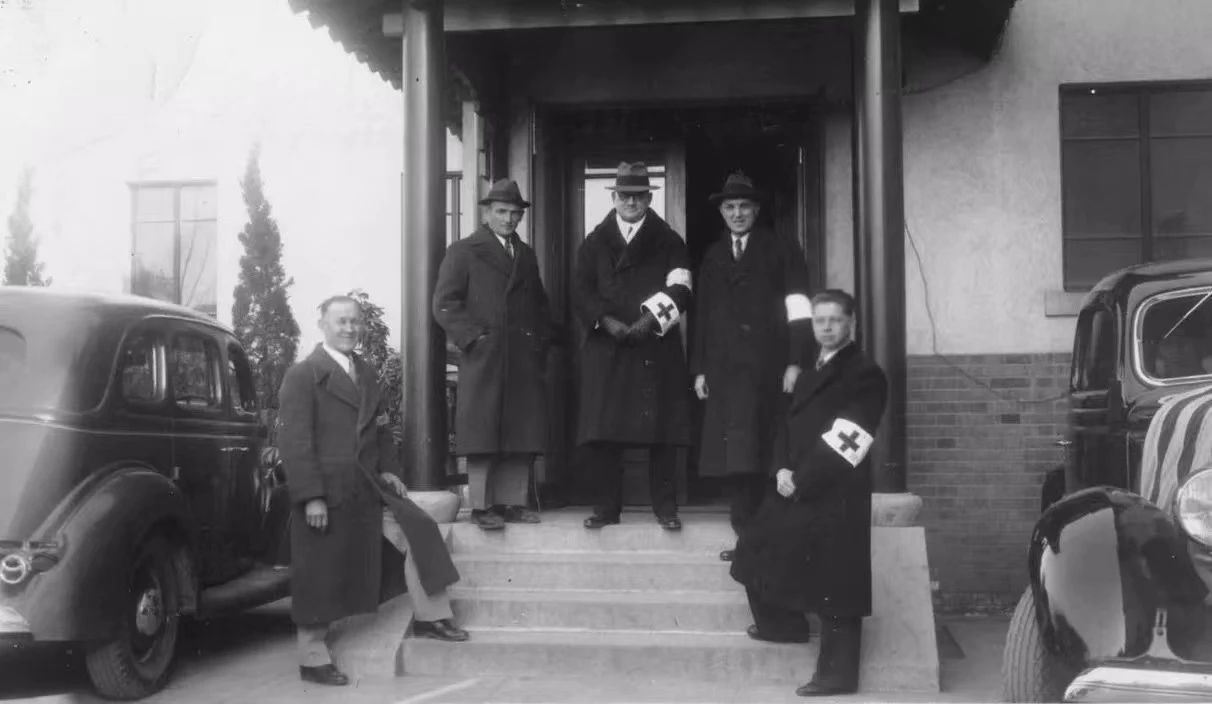
A group photo of foreigners at the headquarters of the International Committee for the Nanking Safety Zone. From left to right: Ziar, Rupert R.Hatz, John Rabe, John Magee, and Nikolai Podshivaloff.
Anger
After the Japanese army captured Nanjing, they engaged in rampant arson, murder, rape, and looting. The anger, pain, and self-blame felt by the foreigners were indescribable.
The registration incident at the University of Nanking infuriated the foreigners. Chinese civilians, though never soldiers, came forward in hopes of saving their lives, only to be taken away and brutally executed—200 to 300 people in total. The foreigners were outraged at the atrocities committed by the Japanese army. Miner Searle Bates, who managed the refugee shelter at the University of Nanking, said, “We must greet the Japanese officers and soldiers who orchestrated this tragedy with smiles and courtesy for days on end. This is nothing short of torture.”

The refugee shelter at the University of Nanking
In addition to their anger and pain, the foreigners clearly understood the brutality, cunning, and ruthlessness of the Japanese army. Rabe wrote in his diary, “Smythe, Mills and I tried to rescue these people again, but in vain.” Magee believed the Japanese soldiers were worse than the most vicious bandits he had ever encountered. Fitch warned that the Japanese military posed a threat not only to the East but also to the West.
Fatigue
Under immense pressure, the foreigners had to constantly negotiate and confront the Japanese authorities, leaving them in a state of constant tension and exhaustion.
As chairman of the International Committee for the Nanking Safety Zone, Rabe, who suffered from diabetes, had to personally negotiate with the Japanese authorities on many critical issues. He often had to “play along with the occasion and put on a smile.”
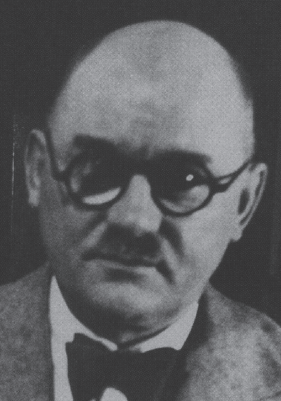
Rabe
Wilson, a surgeon at Drum Tower Hospital, tirelessly performed surgeries and had to drive away Japanese soldiers at night. He was physically and mentally exhausted. Even after returning to the United States, he remained haunted by illness and nightmares.
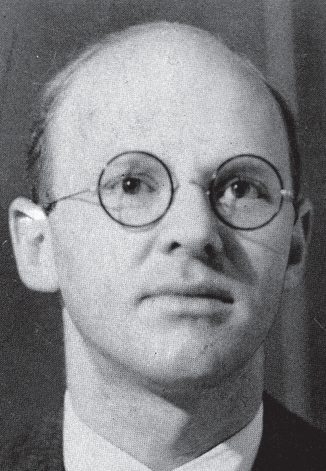
Wilson
Vautrin, who protected tens of thousands of women and children, suffered severe psychological distress from her confrontations with Japanese soldiers. In her diary, she wrote, "I suddenly feel utterly drained. The tension and sorrow of these days have exhausted me." Years of intense work took a toll on her health, and she ultimately took her own life after returning to the U.S.
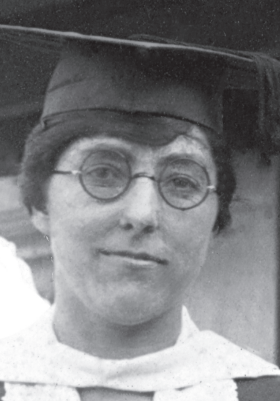
Vautrin
Relief
The oppression, grief, and indignation endured by the foreigners are unimaginable, but they also had moments of happiness and relief. These moments stemmed from the camaraderie among colleagues and the trust placed in them by the refugees.
Despite harsh conditions, where many slept on the floor, the mutual care among colleagues gave them great strength. On Christmas Day and New Year's Day, they managed to organize two brief but joyous gatherings. Their shared love for the refugees brought people from different backgrounds together, fostering close collaboration to protect and aid those in need.
Refugees regarded more than 20 foreigners as "Living Buddhas." When Rabe was about to leave Nanjing, thousands of women from Ginling College knelt on the ground, begging him not to leave them behind.
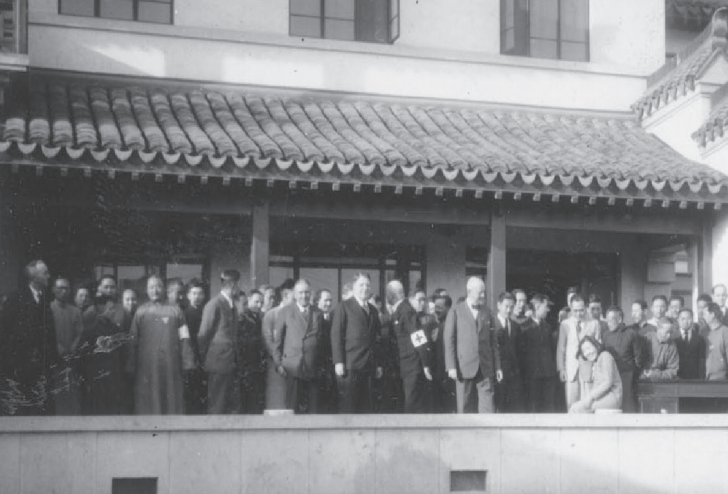
Farewell tea party before Rabe left Nanjing
In their daily lives, the foreigners showed great care for the refugees. Vautrin often attended worship services with refugees at Ginling College and brought small gifts for the children. During Christmas, Rabe dressed as Santa Claus and gave each child 20 cents.
Sharing hardships deepened the bond between the foreigners and the refugees.
Firmness
Under the rule of the Japanese authorities, the foreigners never gave up their pursuit of justice. They risked their lives to expose the truth of the Nanjing Massacre, considering it their moral obligation.
Rabe stated, “We cannot remain silent about such cruel atrocities” and vowed to “speak out as a witness” in the future.
Fitch said, “I must make these facts public; otherwise, I cannot find peace of mind.”
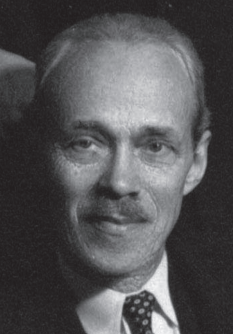
Fitch
Magee declared, “Atrocities must be recorded so that these indelible facts can one day be made public.”
Bates wrote in a letter, “We feel it is a moral obligation to actively expose the truth of these atrocities.”
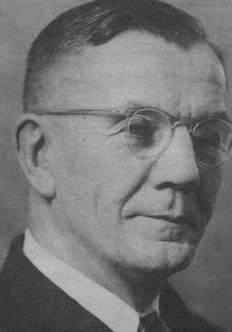
Bates
Longing
The Japanese authorities imposed strict restrictions on the foreigners’ movements. For nearly a month, they were confined to Nanjing, and their longing for their homeland and loved ones grew stronger by the day.
MacCallum wrote to his family, saying, “I don’t know how to send this letter to you. Your last letter was dated November 25, and I imagine you all playing with the children in the snow at school. I hope everything is well with you.”
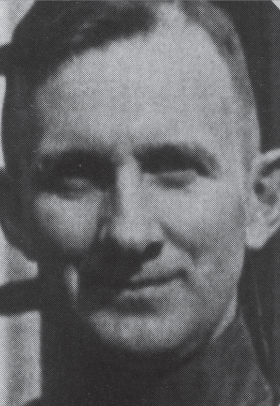
Macallum
When Rabe received letters and food from his wife and children, he was overjoyed. “All these items by my side feel so abundant that I feel like a soldier who has just been rewarded. I think I am as excited as our Otto (Note: son of Rabe) would be."

